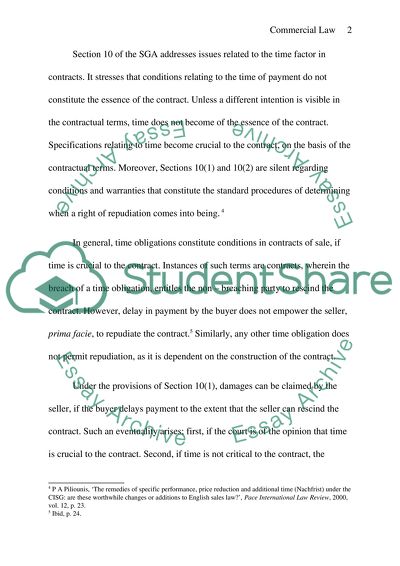Cite this document
(“The Modern Law of Contract Essay Example | Topics and Well Written Essays - 1500 words”, n.d.)
Retrieved from https://studentshare.org/law/1411971-commercial-law
Retrieved from https://studentshare.org/law/1411971-commercial-law
(The Modern Law of Contract Essay Example | Topics and Well Written Essays - 1500 Words)
https://studentshare.org/law/1411971-commercial-law.
https://studentshare.org/law/1411971-commercial-law.
“The Modern Law of Contract Essay Example | Topics and Well Written Essays - 1500 Words”, n.d. https://studentshare.org/law/1411971-commercial-law.


